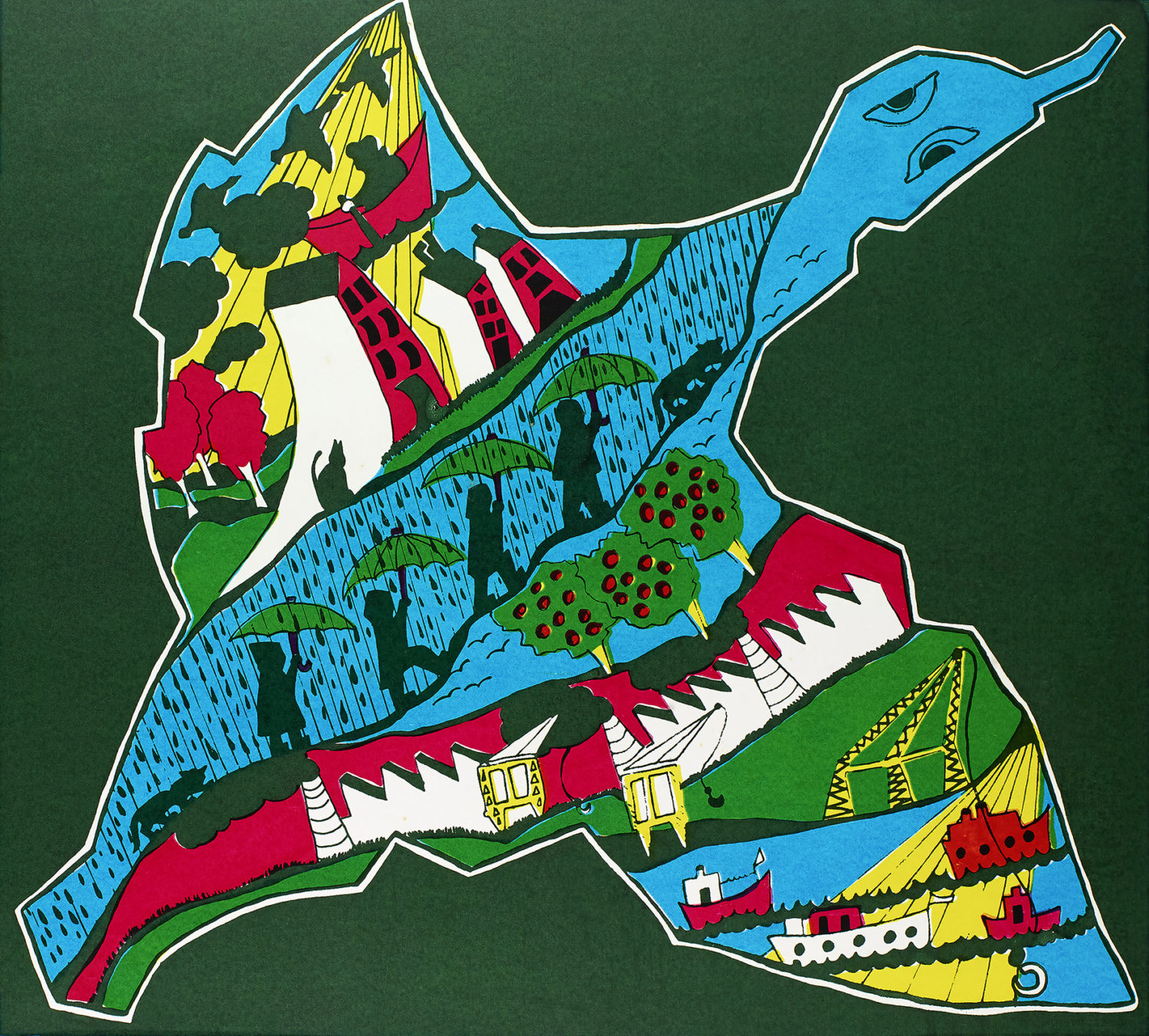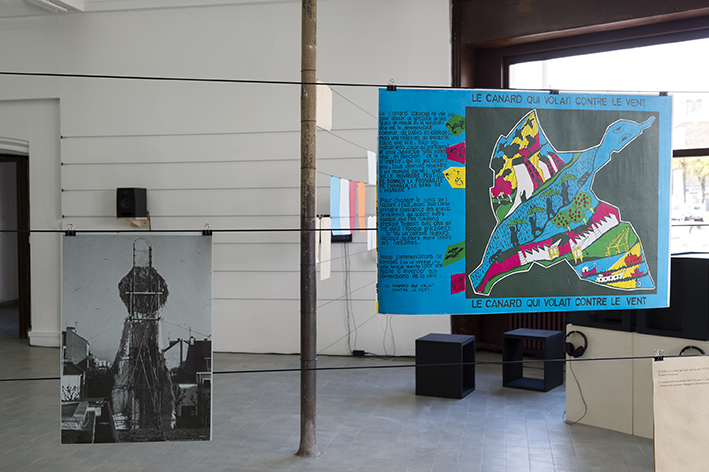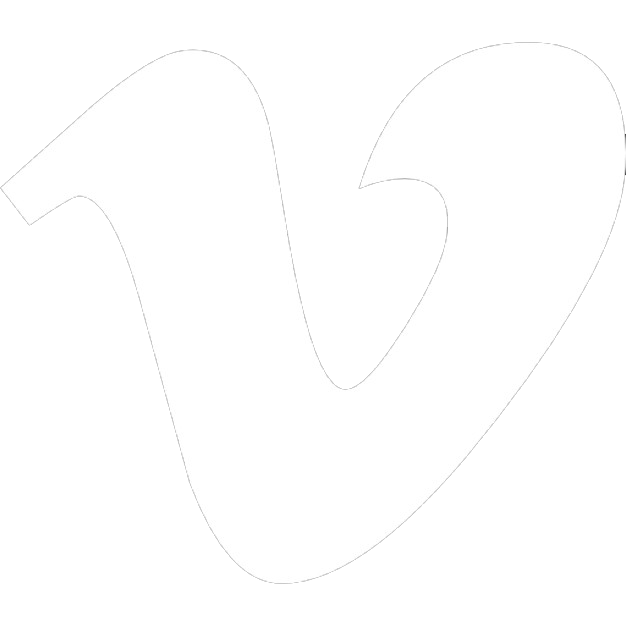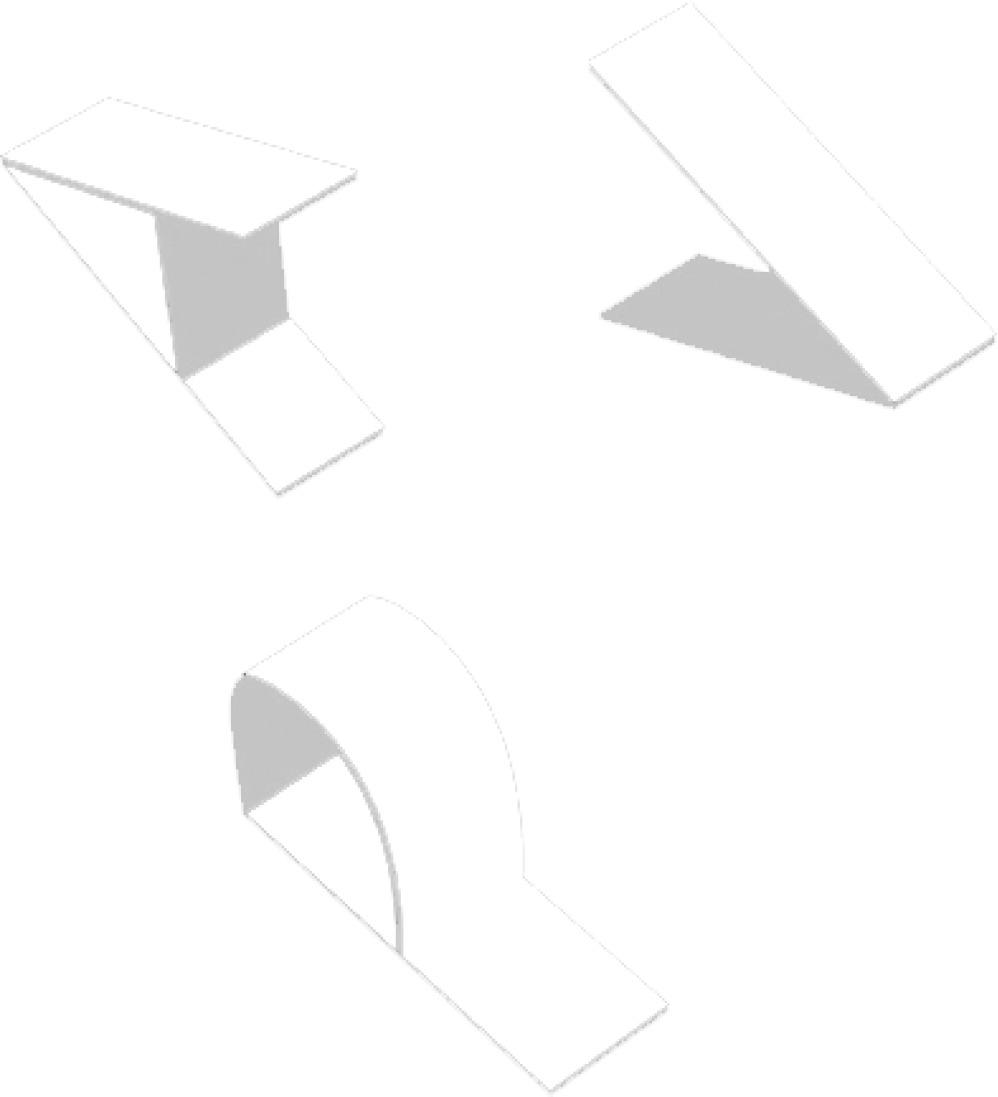Armand Gatti (1924-2017), director and writer, was already known for his collective creations when he was invited by the MJEP, Maison des Jeunes et de l’Éducation Populaire in Saint Nazaire in 1976. The subject brought with them by Gatti and Hélène Châtelain is that of dissent in the Soviet Union and the internment of opponents in psychiatric asylum. They are the “ducks that fly against the wind”, flapping their wings to stay alive, that represent resistance to all forms of domination. A subject at the intersection of multiple struggles, but which is controversial in a workers’ city anchored on the left where the Communist Party plays an important role. The Gatti method is that of activism: printing posters, free newspapers, public debates, and productions in all directions with the Tribe, an informal and friendly group, to work with groups made up of high school students, students, workers and peasants and to produce films and plays that reflect their concerns, struggles and demands. When the dissident Vladimir Boukovski was extradited from the USSR in January 1977, Gatti and Châtelain published an article in Libération “Un canard sauvage nommé Boukovski”, printing a victorious poster: “Can a workers’ town give itself the opportunity to change the meaning of history? – Yes”, and brought Boukovski to Saint Nazaire on February 4. Despite these concrete and symbolic successes, it is a little bitter that Gatti leaves Saint Nazaire after six months, tired of the political differences on his project, and without writing the play he had initially planned.
About Armand Gatti
Focus on an artist of the exhibition
Commented visits
Saturday September 7th, 2019
3:30 p.m.
Le Grand Café - contemporary art center
Focus on some artistic figures from the exhibition by our team of mediators at the Grand Café during a commented visit.









